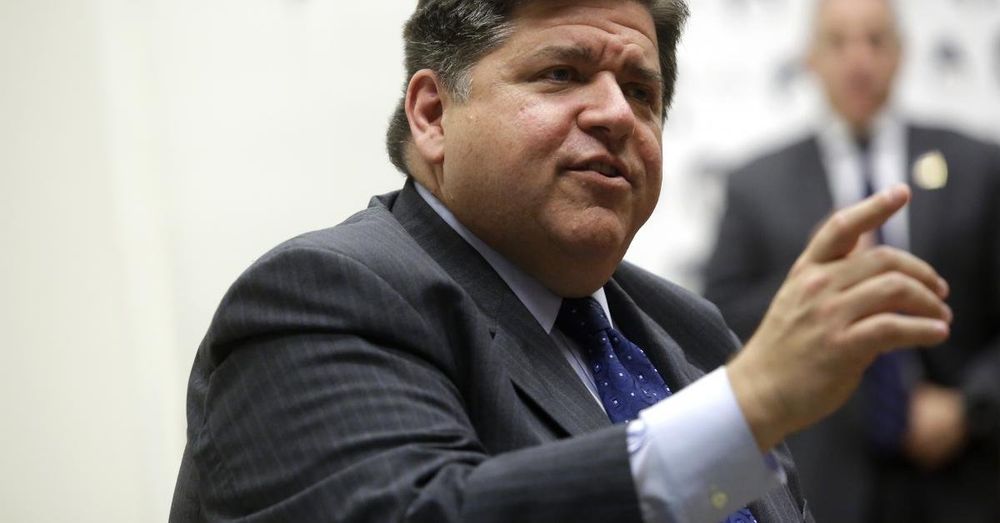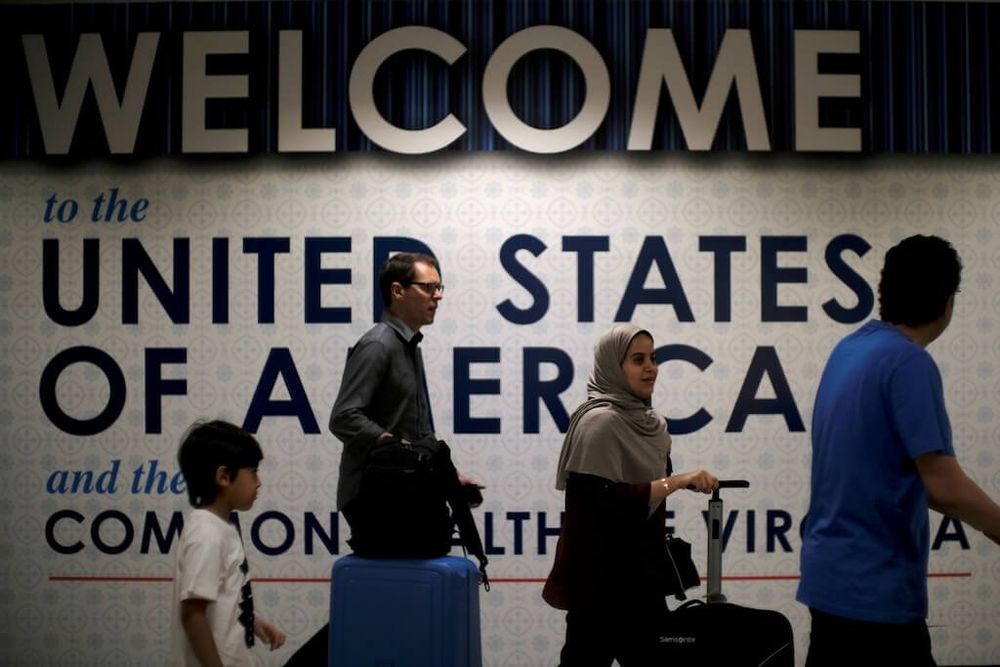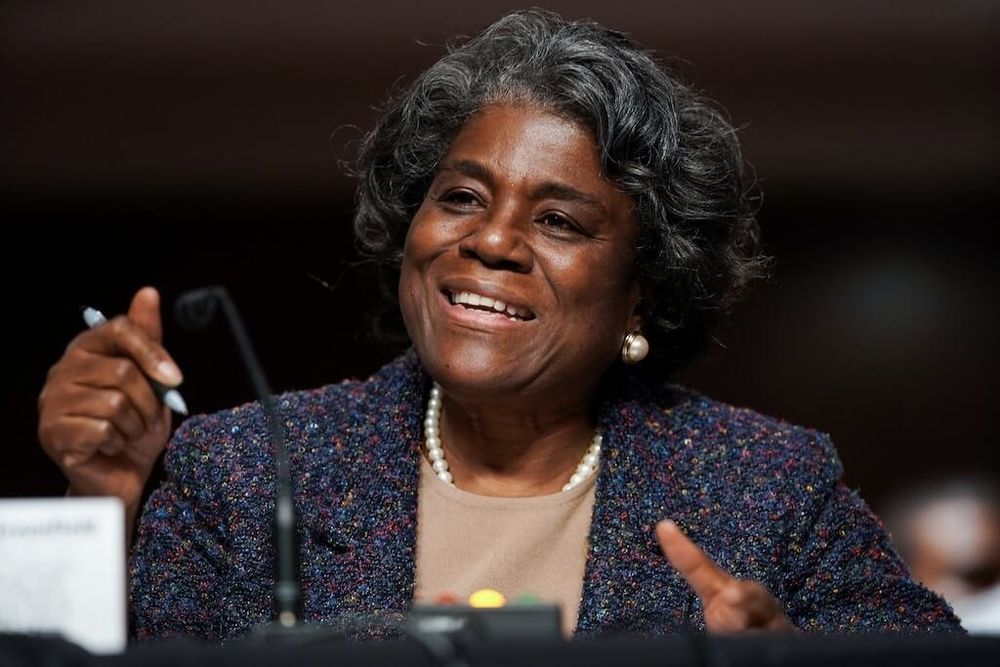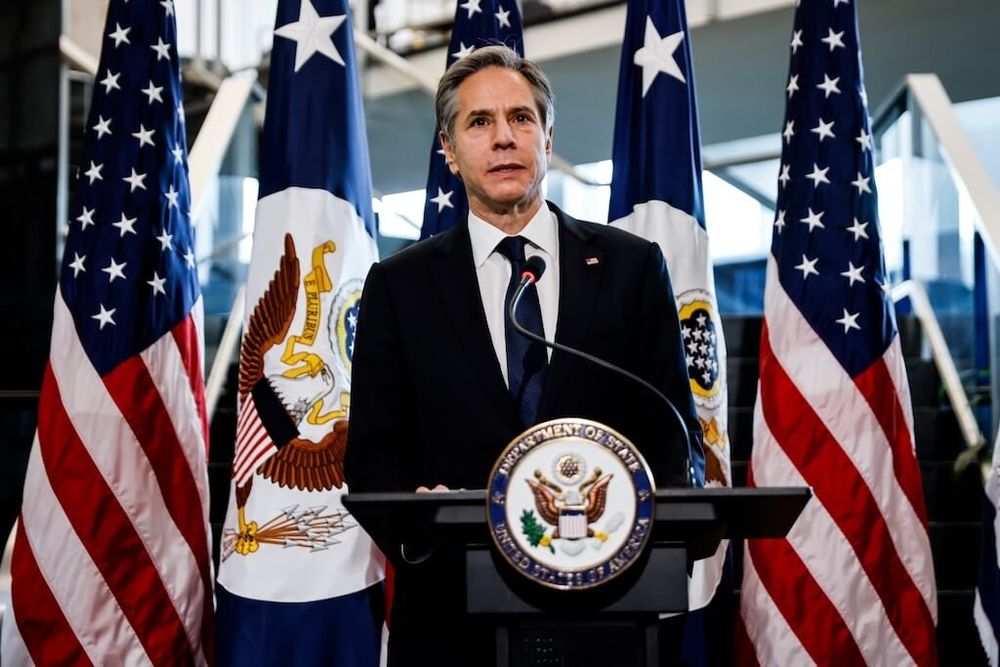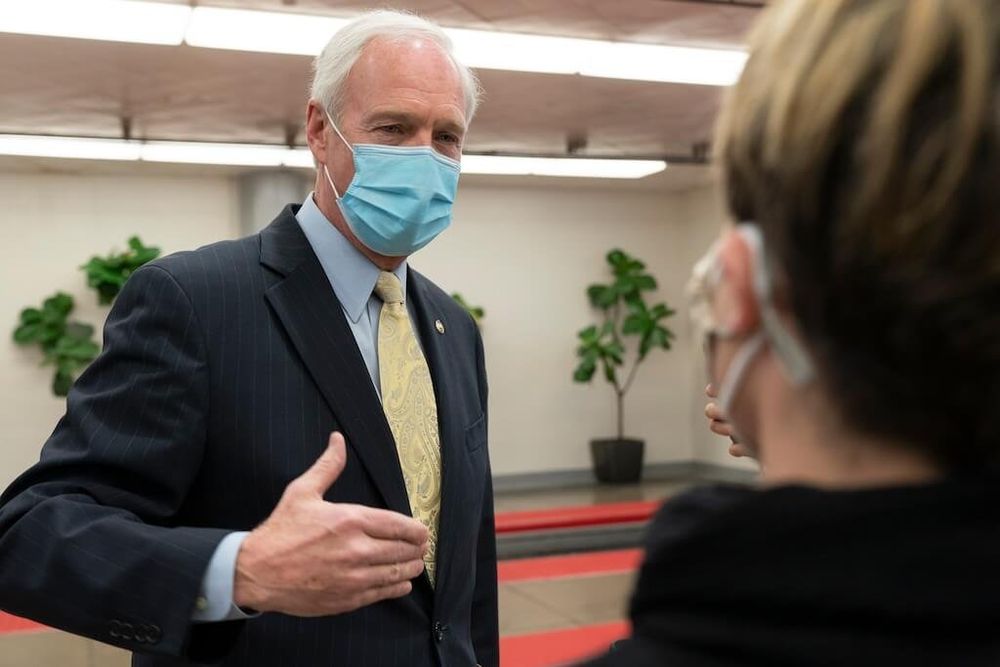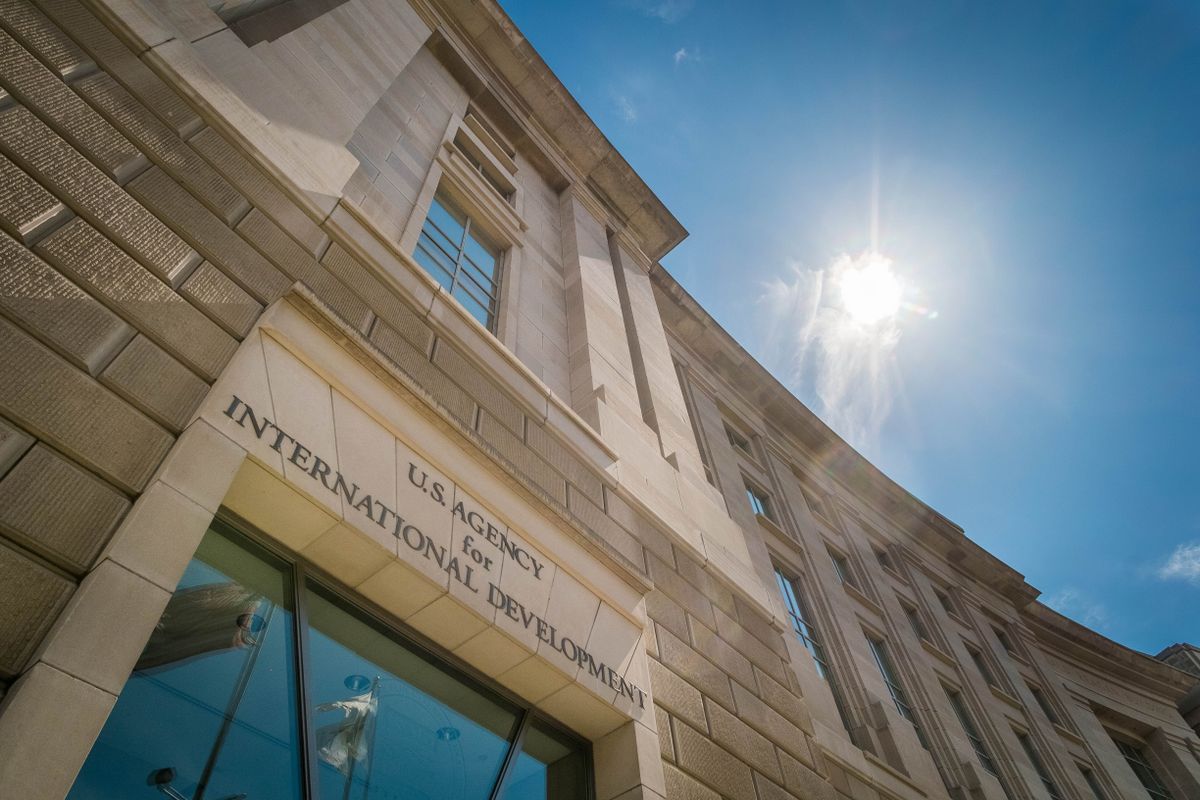
Bipartisan Group of US Lawmakers Opposes Plan to Freeze Foreign Aid
Some material for this report came from RFE/RL.
Republican and Democratic lawmakers joined forces to oppose moves by the White House that critics fear could lead to sharp cuts in foreign aid for international health, narcotics and peacekeeping initiatives, and development assistance.
Members of the House Foreign Affairs and Senate Foreign Relations committees sent a letter Friday to the Office of Management and Budget (OMB) expressing "deep concern" after it had instructed the State Department and U.S. Agency for International Development (USAID) to freeze about $4 billion in their budgets until it reviewed any money that hadn't yet been spent.
Critics have said the freeze could be the first step in making cuts to foreign aid. The lawmakers sent the letter to the OMB seeking to head off such a move and threatening a response if the administration moved ahead with cuts. They also pointed out that, under the Constitution, it is Congress that appropriates money, which they said was "essential" to U.S. global leadership and security.
"Slashing crucial diplomacy and development programming would be detrimental to our national security while also undermining Congress' intended use for these funds," said the letter, signed by Sens. James Risch, R-Idaho, and Robert Menendez, D-N.J., and Reps. Eliot Engel, D-N.Y., and Michael McCaul, R-Texas.
'Direct affront'
In the letter, the lawmakers wrote, "It would be inappropriate for any administration, under any circumstance, to attempt to override Congress' most fundamental power. Such action would be precedent-setting and a direct affront to the separation of powers principle upon which our nation was built."
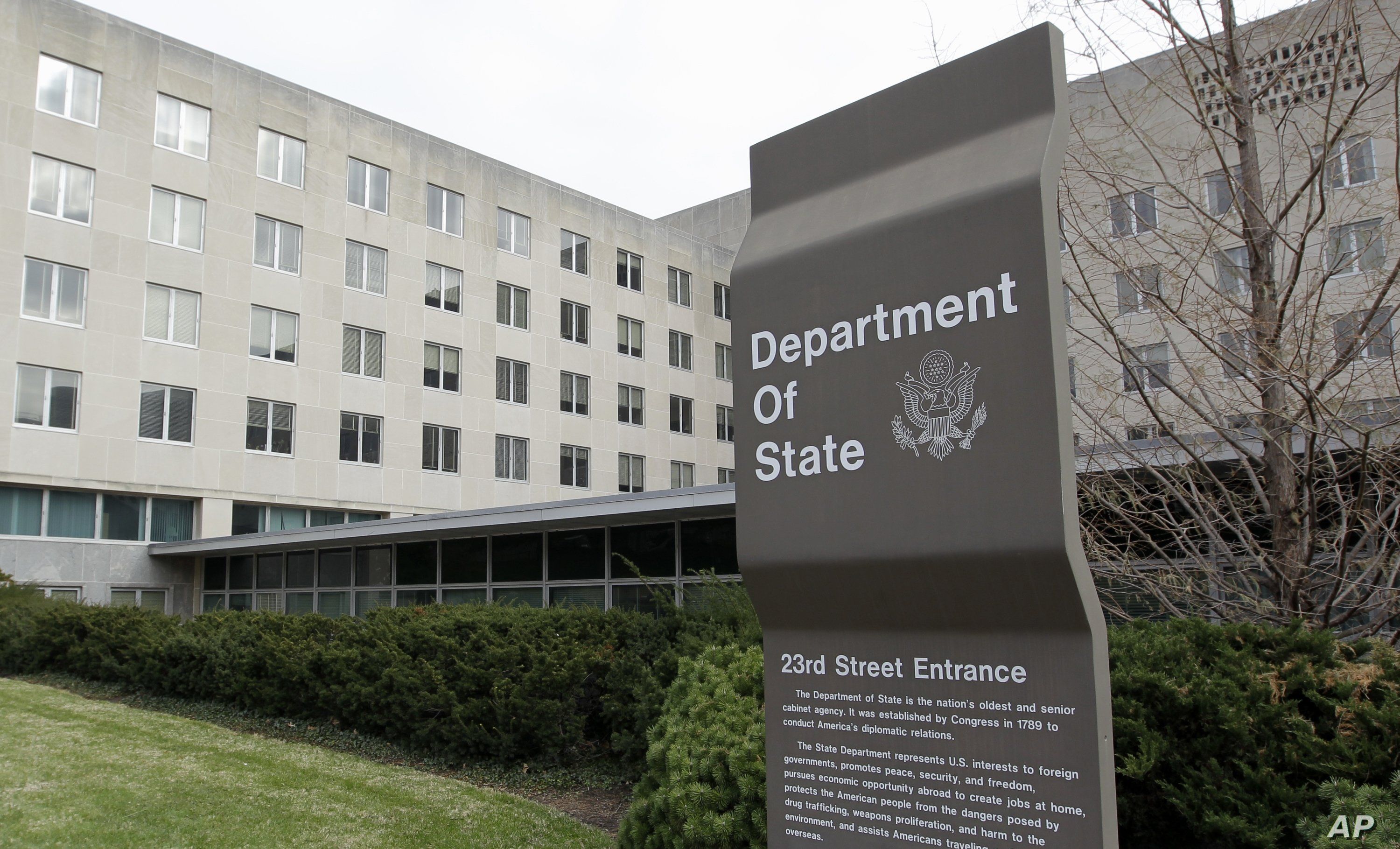
The freeze affects 10 bank accounts overseen by USAID and the State Department, a senior administration official told RFE/RL.
The OMB made the request to USAID and State Department on Aug. 3 and has yet to receive information about how much is in those accounts and how they plan to use the money.
The funds under scrutiny cover fiscal 2018 and 2019 and would otherwise expire if not spent by Sept. 30, the end of the fiscal year.
Last weekend's order came at the beginning of an extended congressional recess that ends Sept. 9, a time when lawmakers would have more difficulty blocking such a move.
Funding for a Pakistan space initiative and Uzbek education program are two of the projects funded by the 10 accounts under review.
The chairmen and ranking members of the Senate Foreign Relations Committee and House Foreign Affairs Committee urged the heads of the OMB to make money available right away.
Republican dissent
Republicans in both houses of Congress have typically been extremely supportive of President Donald Trump's policies, although many have spoken up against moves related to foreign affairs, including his close ties to Saudi Arabia, plans to withdraw troops from Syria and a reduction in aid to Central America.
The Trump administration has made repeated efforts to reduce the amount of money Washington spends on foreign aid.
In April, the administration unsuccessfully tried to cut the budget on foreign aid and diplomacy by 23 percent.
At the time, Republican Sen. Lindsey Graham of South Carolina, a Trump ally, called the proposal "insane."
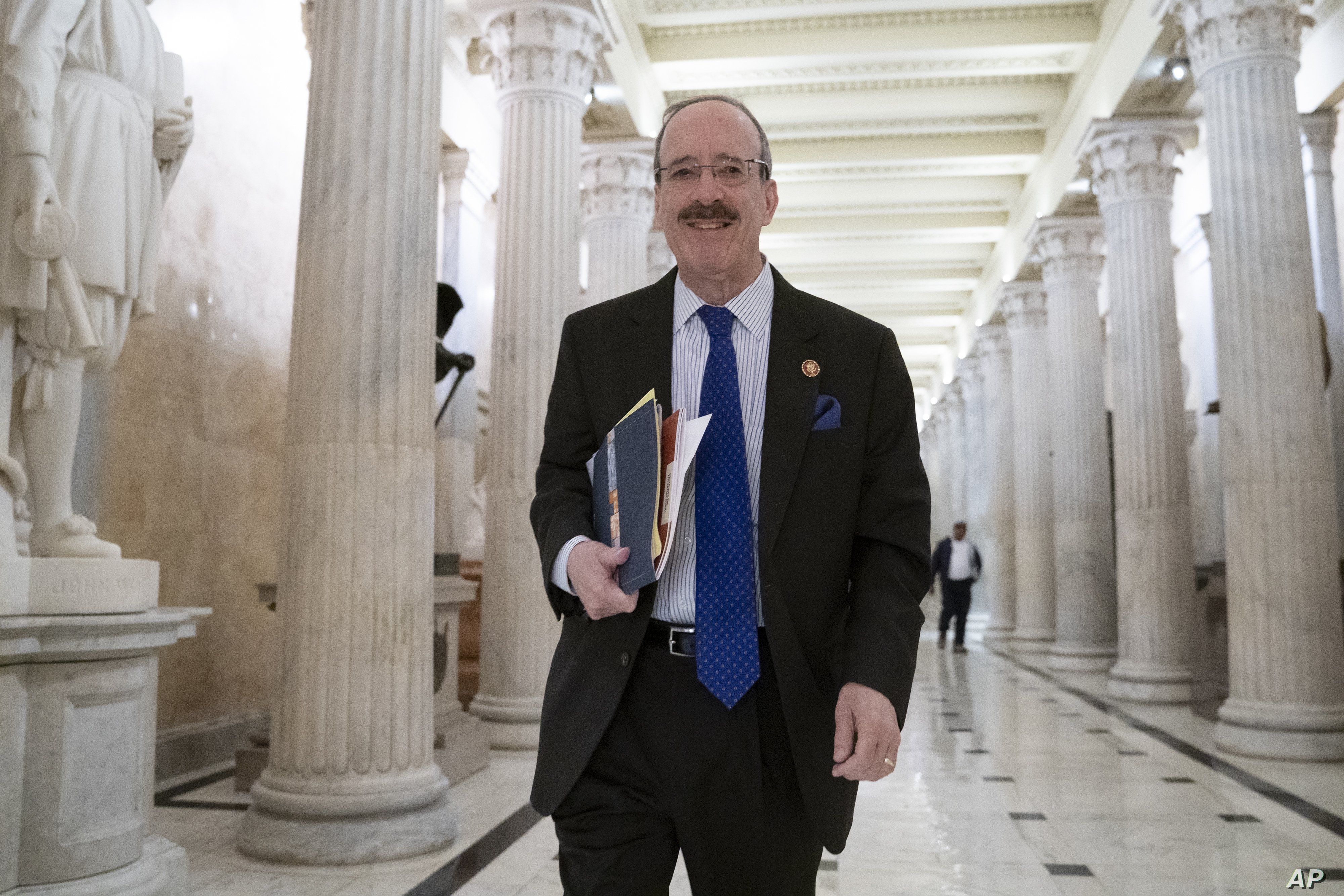
Last week, Engel said, "This administration's contempt for Congress is astounding. … When Congress decides how much we can spend on foreign assistance, it isn't a suggestion. It's the law, backed up by the Constitution."
The Democrat added that the Republican administration's order "would devastate our ability to project American values and leadership around the globe."
'Reckless and irresponsible'
InterAction, a global alliance of nongovernmental organizations that serves "the world's poor and vulnerable," also denounced the order.
"It is both disappointing and saddening that President Trump consistently undermines the decisions that our elected representatives in Congress have made to support foreign assistance," said CEO Sam Worthington. "Data tells us that the small fraction of America's budget that goes to foreign aid yields big results. The White House's repeated political ploys to halt aid threaten the effectiveness of U.S. assistance and put America's global leadership at risk."
Liz Schrayer, CEO of the nonprofit U.S. Global Leadership Coalition, called the administration's order "a reckless and irresponsible move" and added, "OMB appears set on taking a sledgehammer to one of the most minuscule parts of the entire federal budget that would significantly damage America's security and economic interests — and thwart congressional authority."
OMB spokeswoman Rachel Semmel said federal agencies have a responsibility to appropriately spend the congressionally approved funds.
"In an effort to ensure accountability, OMB has requested the current status of several foreign assistance accounts to identify the amount of funding that is unobligated."
 Jeffrey Epstein dead in apparent suicideNext PostSentries, Not ‘Squad’: Moderate Dems Ones to Watch for 2020
Jeffrey Epstein dead in apparent suicideNext PostSentries, Not ‘Squad’: Moderate Dems Ones to Watch for 2020

